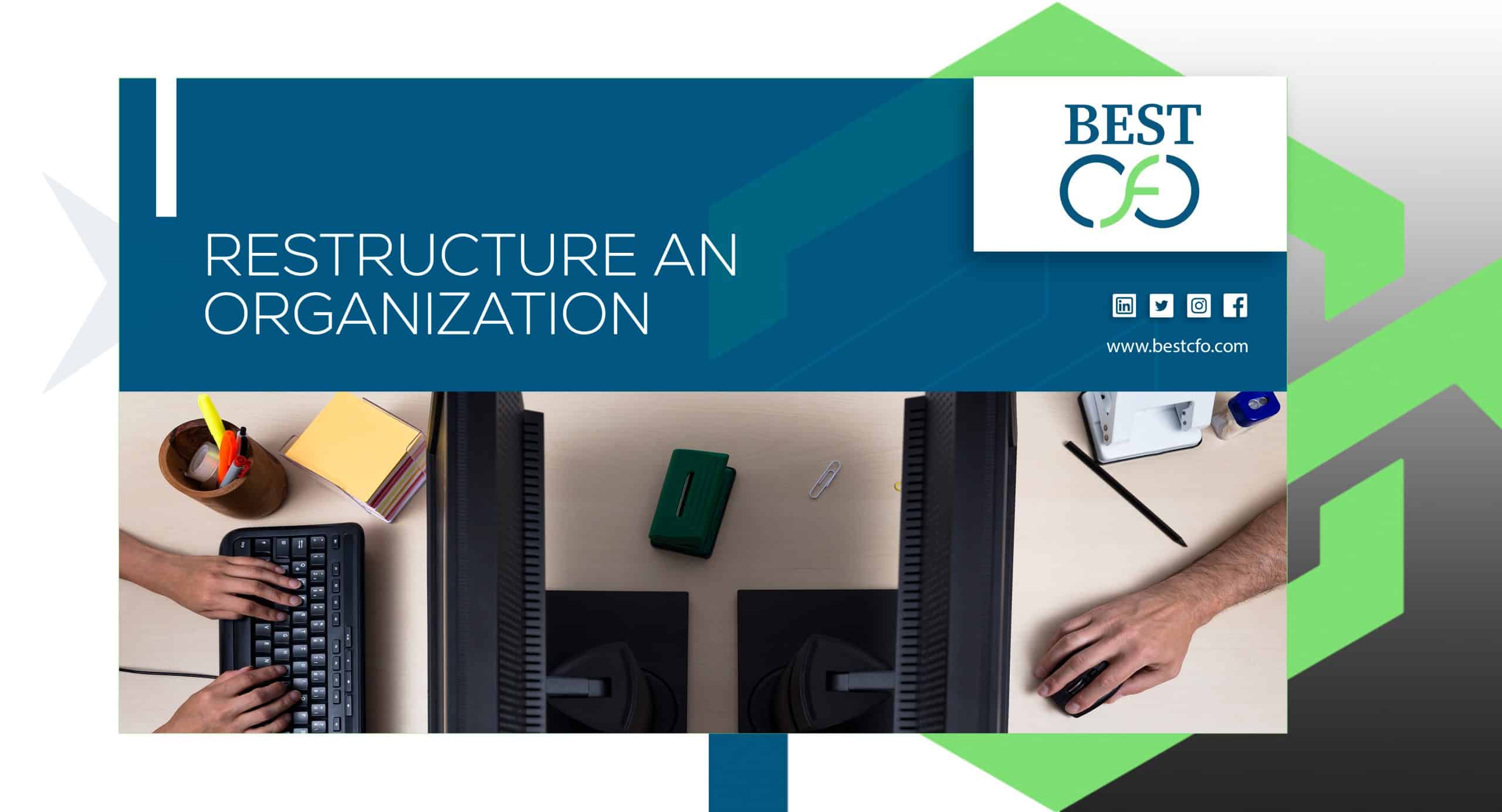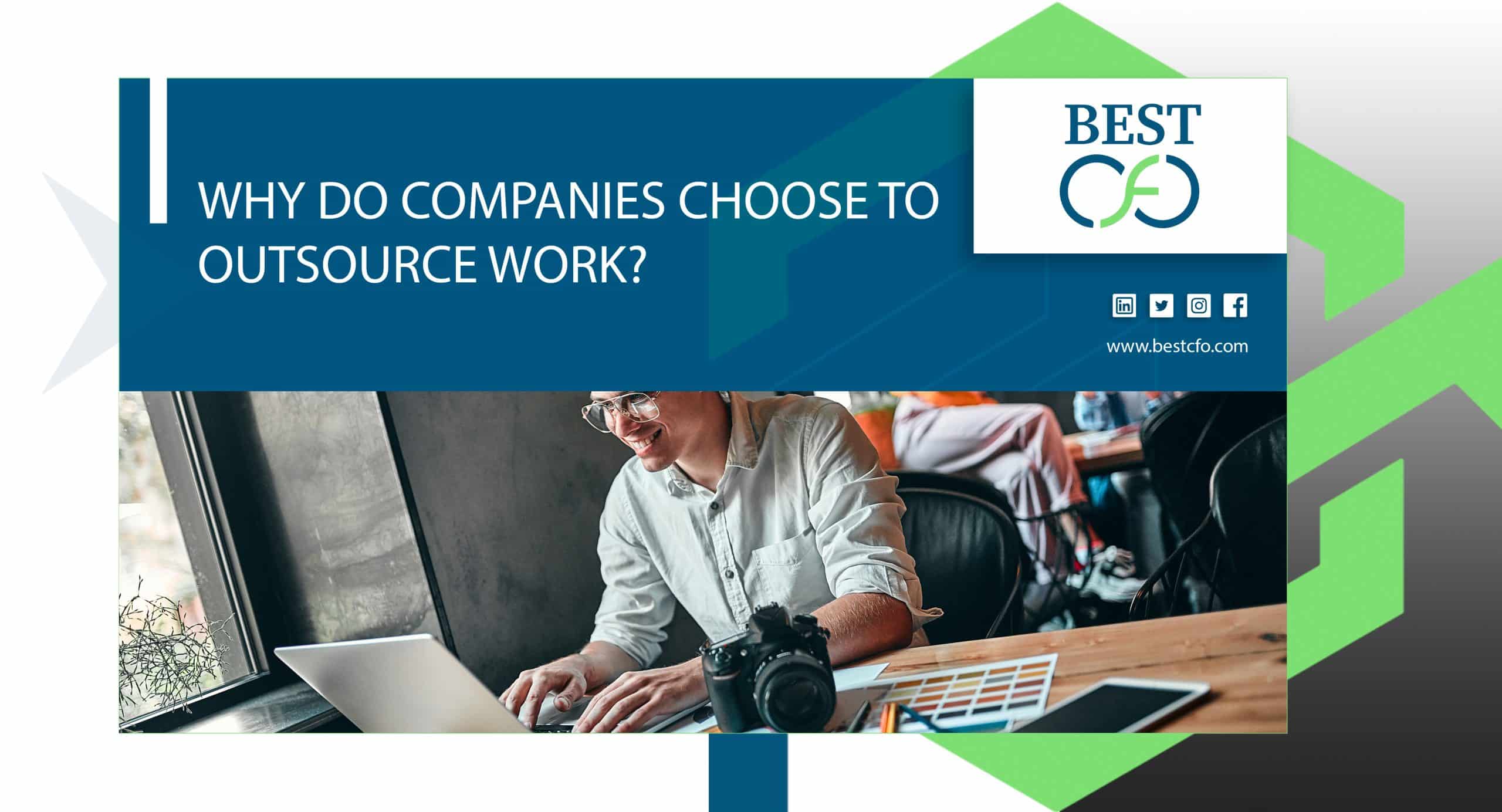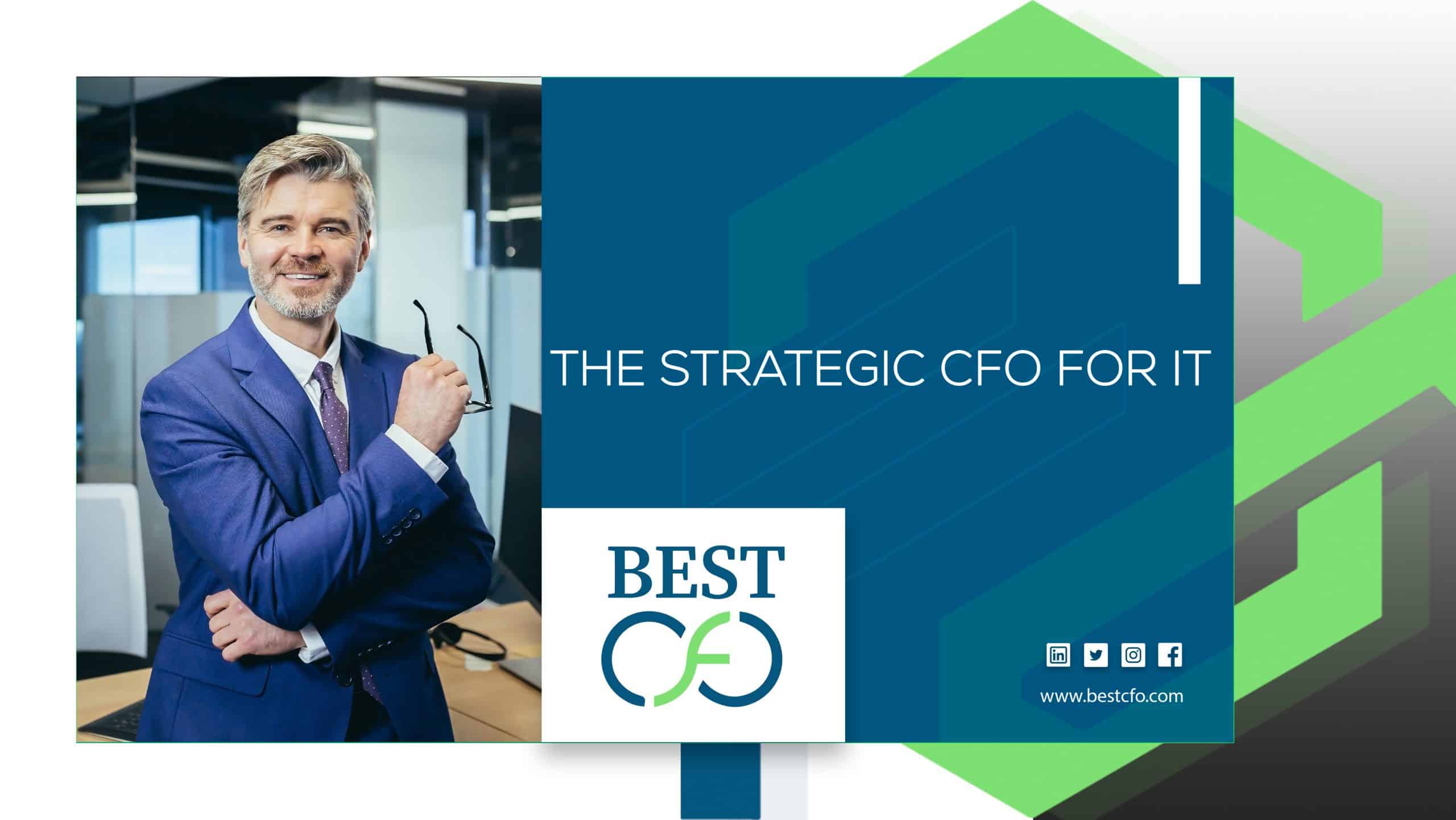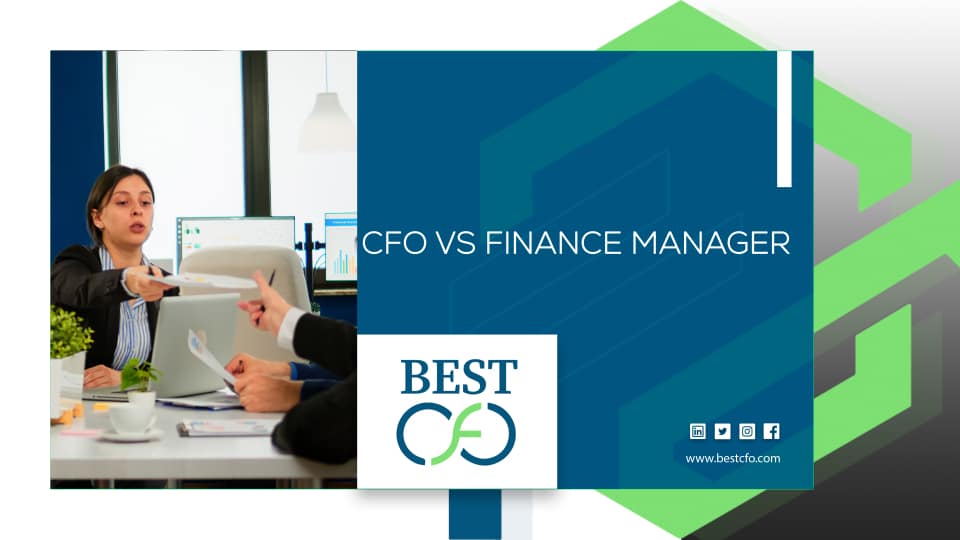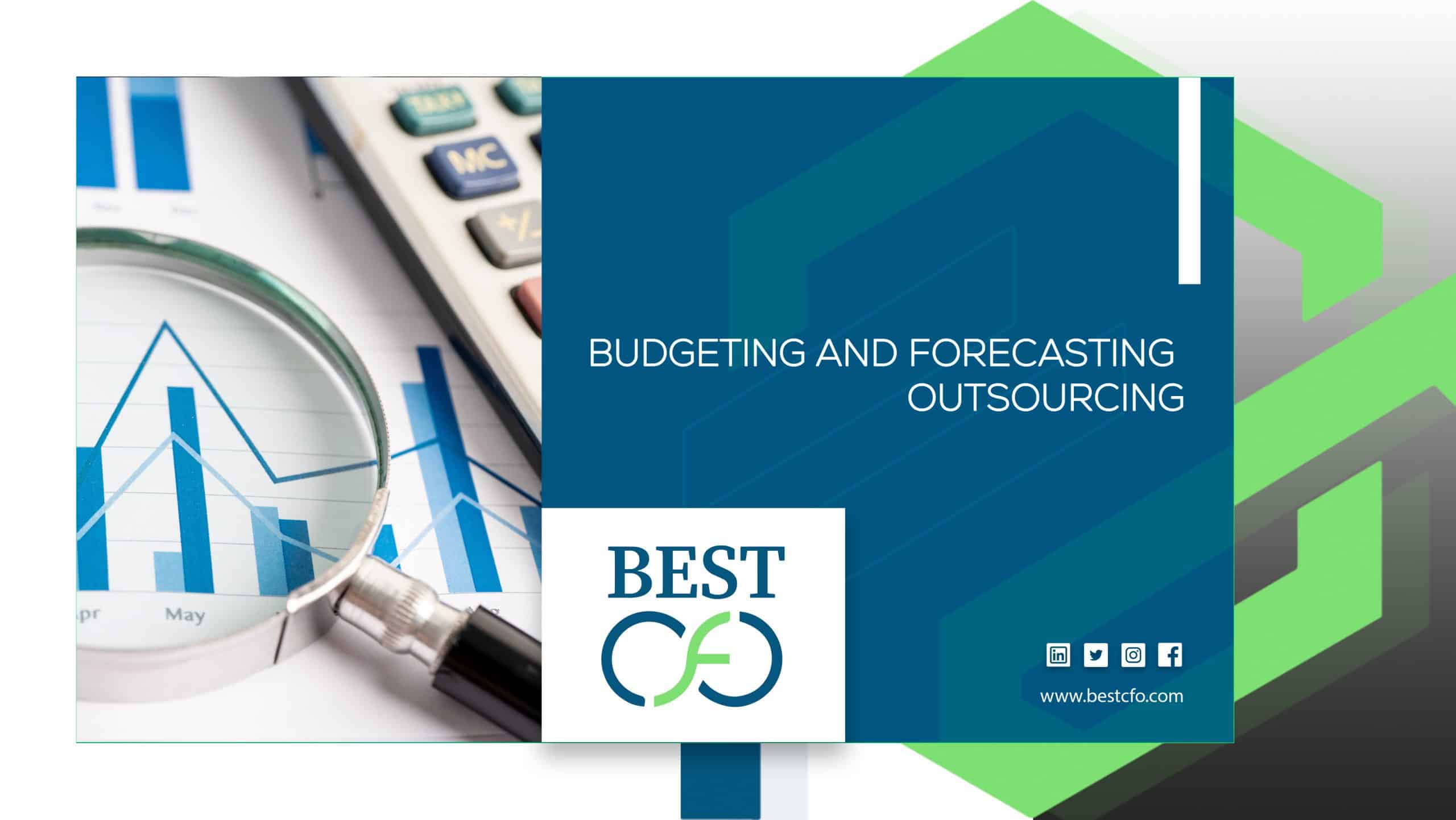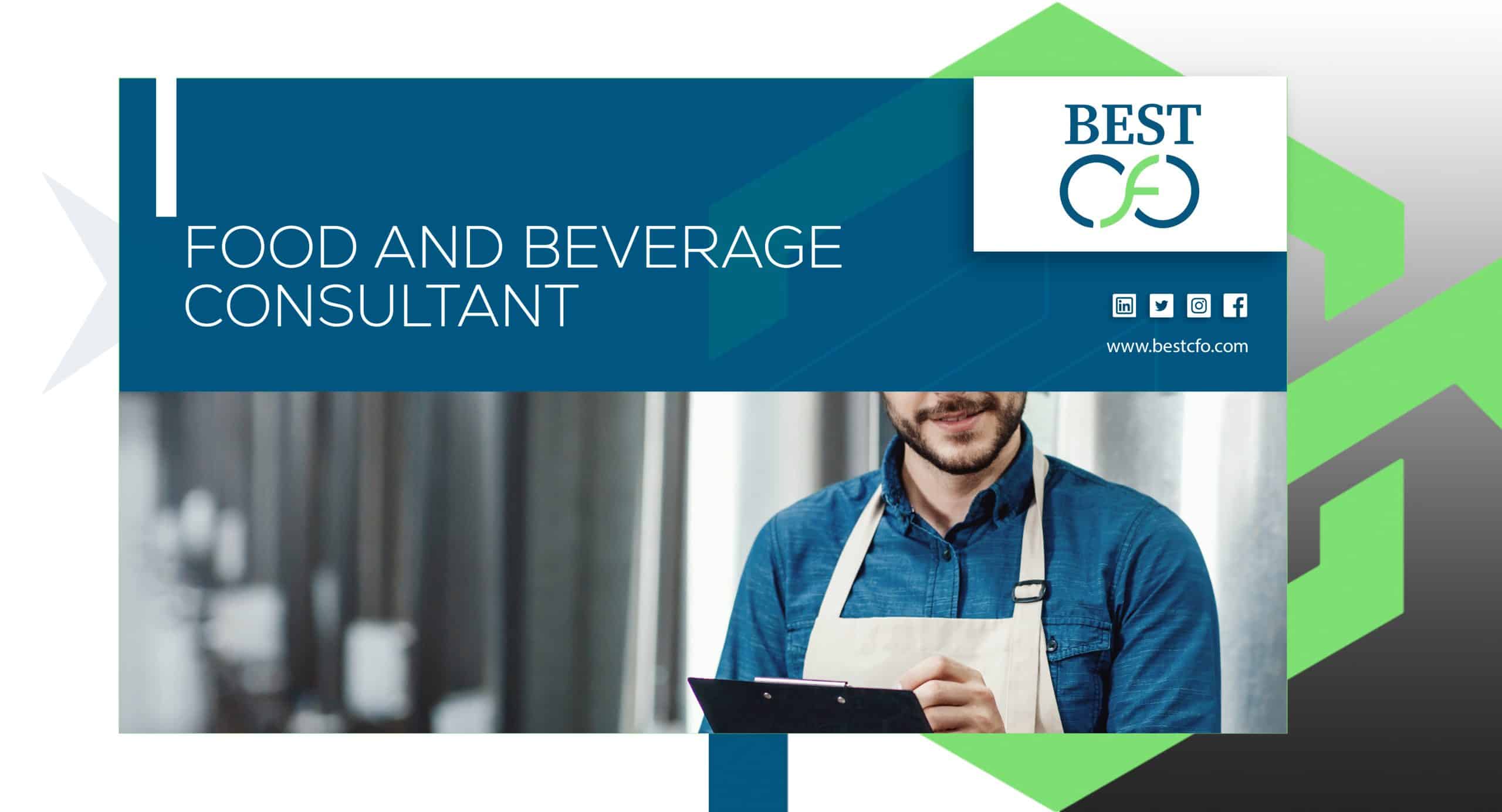
| Getting your Trinity Audio player ready... |
Food and Beverage Consultant: Guide Every Restaurant Needs
One thing is certain, starting a restaurant isn’t an easy task and it’s not just about cooking great food or crafting your dinner into luxury. It’s more about profit, efficiency, branding, and customer experience, and this is the part where a food and beverage consultant come in.
We are talking about an industry where there is no room for mistakes, let alone any blunders, and to handle such things expertise of a consultant is highly required.
It really doesn’t matter if you are a café owner or a CEO of a classy restaurant, it’s important to understand the importance of a food and beverage consultant so they can help you in the main aspects of opening a food related business.
Introduction to Food and Beverage Consulting
A lot of people assume consultants just give advice and walk away. In the food and beverage industry, that couldn’t be further from the truth. This isn’t about theory. It’s about doing the real, gritty, behind-the-scenes work that keeps kitchens running, menus profitable, and concepts alive.
A food and beverage consultant are part business coach, part creative director, part crisis manager, and part profitability guru.
What Is Food and Beverage Consulting?
Food and beverage consulting is a specialized service that helps food businesses optimize operations, branding, design, menu structure, pricing, and even staffing. Consultants bring deep industry knowledge to fix what’s broken or build something new with structure, scalability, and profitability in mind.
Whether it’s a struggling diner or a new fine-dining concept, the consultant’s job is to ask the hard questions, provide data-backed solutions, and guide execution.
What a Consultant Actually Does (Not the Buzzword Version)
Forget the vague definitions. Here’s what a solid food and beverage consultant actually handles:
- Diagnosing operational bottlenecks
- Restructuring food cost vs. pricing ratios
- Creating scalable kitchen workflows
- Designing a beverage menu that doesn’t just look good, but sells
- Setting up the restaurant’s financial backbone
- Coaching staff on service excellence
- Managing vendor relationships
They become your outsourced executive team—without you having to give up control.
Types of Food and Beverage Consulting Services
Actual service types:
Restaurant Concept Development Consulting
Before anything gets built or branded, a consultant helps validate your idea. From cuisine niche and price point to location and brand tone—this is where the restaurant DNA is defined.
Menu Pricing Engineering Consulting
Want to know why your best-selling dish isn’t making you money? That’s a menu engineering problem. Consultants dig into food costs, pricing psychology, and design flow to make your menu profitable, not just pretty.
This is a great place to work with a financial advisor—BestCFO
Food Service Facility Design Consulting
The kitchen layout can make or break speed of service. Consultants ensure that the kitchen flow, bar stations, and back-of-house are optimized for your concept.
Restaurant Operations Consulting
Hiring issues? Training gaps? Slow table turns? This type of consultant reshapes your daily ops into something that runs like clockwork.
Bar Beverage Development Consulting
Bar margins are some of the highest in hospitality—but only if you do it right. Consultants here build bar menus, train bartenders, optimize pour cost, and enhance customer experience.
SWOT Analysis Consulting
Every brand needs a strategic review. Consultants conduct a deep Strengths, Weaknesses, Opportunities, Threats (SWOT) audit and lay out a growth roadmap.
Food and Beverage Marketing Consulting
From loyalty programs to launch campaigns, this consultant ensures your concept doesn’t just function—it thrives in a competitive market.
How a Restaurant Benefits from Hiring a Food and Beverage Consultant
This isn’t about outsourcing decisions. It’s about getting fresh eyes with deep expertise to spot what you can’t see from inside the kitchen.
Benefits include:
- Higher profit margins from optimized pricing
- Lower food waste and tighter vendor control
- Stronger branding and concept alignment
- Faster table turns and smoother service flow
- Strategic expansion planning
- Prevention of burnout from wearing too many hats
Better business, smarter operations, and long-term sustainability.
How Much Can You Earn as a Food and Beverage Consultant?
If you’re on the other side—considering this as a career—here’s what the money looks like.
- Entry-level consultants: $30,000–$50,000/year or $50–$100/hr
- Experienced, niche consultants: $75,000–$150,000/year or $150–$500/hr
- Top-tier consultants: Project-based deals ranging from $5,000 to $100,000+ depending on scope
Factors affecting rates include:
- Geographic location
- Niche expertise (e.g., bar consulting vs full-service restaurant ops)
- Client size (QSR vs hotel group)
- ROI potential of the project
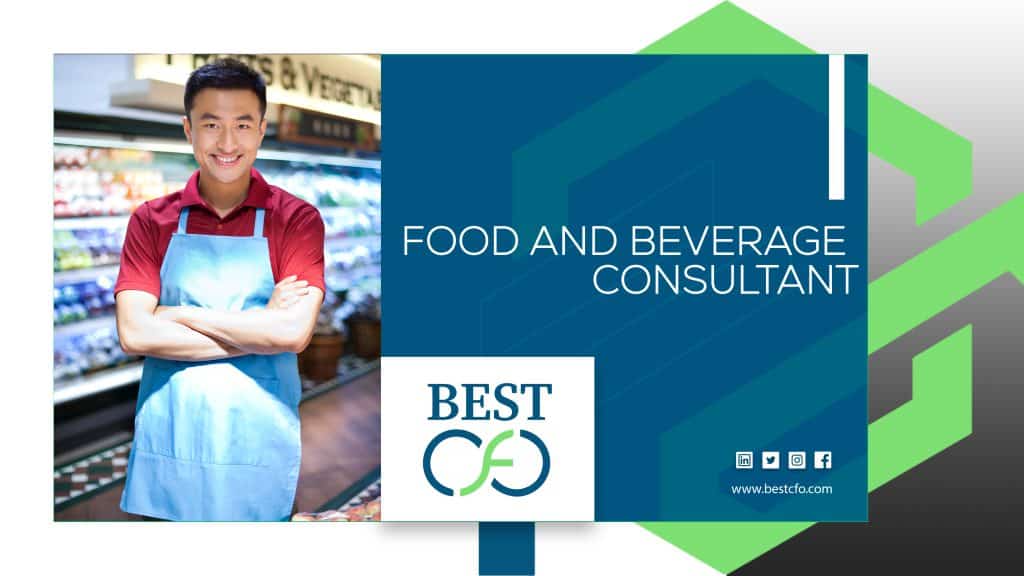
Real Case Study: From Concept to Cash Flow
The Grindhouse Café, a boutique coffee shop in Austin, was losing $6K/month despite heavy foot traffic. The owner brought in a food and beverage consultant.
Within 90 days:
- Kitchen layout was redesigned to cut prep time by 40%
- Menu trimmed from 32 items to 18 high-margin dishes
- Local vendor contracts renegotiated for 18% cost savings
- Brand tone and social media revamped
- Monthly net profit rose to $8.5K
Consultant fee: $15K
ROI in 2 months. Enough said.
Qualifications for Food and Beverage Consultants
No one’s asking for a PhD, but credibility matters. What helps?
Relevant Work Experience
Years in hospitality, F&B operations, culinary management, or bar leadership.
Degrees and Certifications
- Culinary degrees (CIA, Le Cordon Bleu, etc.)
- Hospitality management degrees
- Certifications in food safety, business strategy, or pricing
Building a Reputation and Network
Reputation spreads fast in F&B. Reviews, word of mouth, and case studies are your strongest sales tools.
Tips for Finding Clients as a Consultant
- Build your brand: Show your process, results, and voice via social and blog content
- Go niche: Specializing in bar programs or vegan concepts gives you a clear edge
- Use LinkedIn and Instagram: Where decision-makers are watching
- Referral network: Vendors, chefs, and event planners can funnel leads your way
Challenges and Opportunities in Food & Beverage Consulting
It’s a concept that faces many challenges and opportunities
Common Challenges
- Owners resistant to change
- Budget limitations
- High turnover making training difficult
- Keeping up with tech (POS, kitchen automation, etc.)
Opportunities for Growth
- Ghost kitchens and delivery-only brands
- Bar-first restaurant models
- Eco-friendly and sustainable consulting
- International F&B expansions
Importance of Staying Up to Date
The second you fall behind on food trends, tech tools, or compliance changes, you’re obsolete. Top consultants stay sharp through:
- Food & Wine and Nation’s Restaurant News
- Industry podcasts
- Restaurant trade shows and panels
- Shadowing other pros
The Bottom Line
A food and beverage consultant doesn’t just “help restaurants”—they fix failing systems, optimize profits, and build iconic brands.
If you’re a restaurant operator, consultant, or investor, understanding this role is no longer optional. It’s a business essential.
When profit margins are razor thin, a consultant’s insights are often what separates the dream from the disaster.
FAQ – Food and Beverage Consulting (10 Quick Answers)
What qualifications do I need to become a food and beverage consultant?
Culinary or hospitality degree + 3–5 years of experience in restaurant operations or management.What does a food and beverage consultant charge?
$75–$500 per hour depending on experience and niche.Can a consultant fix a failing restaurant?
Absolutely—if owners are open to real change. Consultants specialize in turnarounds.Do consultants help with staffing?
Yes, from role structuring to hiring, training, and scheduling optimization.Are food consultants only for restaurants?
No. They also help hotels, bars, caterers, ghost kitchens, and even packaged food brands.Is this a full-time job or freelance career?
Most are freelancers or boutique firm owners; others consult on the side.How do I market myself as a consultant?
Build a killer portfolio, stay active on LinkedIn, and speak at food industry events.What’s the most in-demand consulting niche right now?
Menu pricing, bar optimization, and fast-casual concept development.Do I need to be a chef to be a food consultant?
No, but strong culinary knowledge helps build trust and offer real insight.Where can I learn more about restaurant finance and pricing strategy?
Start with BestCFO’s expert financial blogs to understand P&L strategy, cost control, and financial systems for food businesses.
Related Posts
What Are The 7 Qualities That Make A Good Team Player?
What Are The Best Ways to Improve Business Performance Ever felt like your business is…
How To Restructure An Organization? Complete Guide 2025
Tangible vs Intangible Assets: What’s The Difference? Let’s be real: asset talk doesn’t exactly scream…
How To Deal With Angry Customers: 15 Tips & Tricks
Everything You Need t o Know About Variable Compensation In today’s fast-moving world of business,…
Why do Companies Choose to Outsource Work?
Everything You Need t o Know About Variable Compensation In today’s fast-moving world of business,…
 Demos
Demos  Colors
Colors  Docs
Docs  Support
Support 




